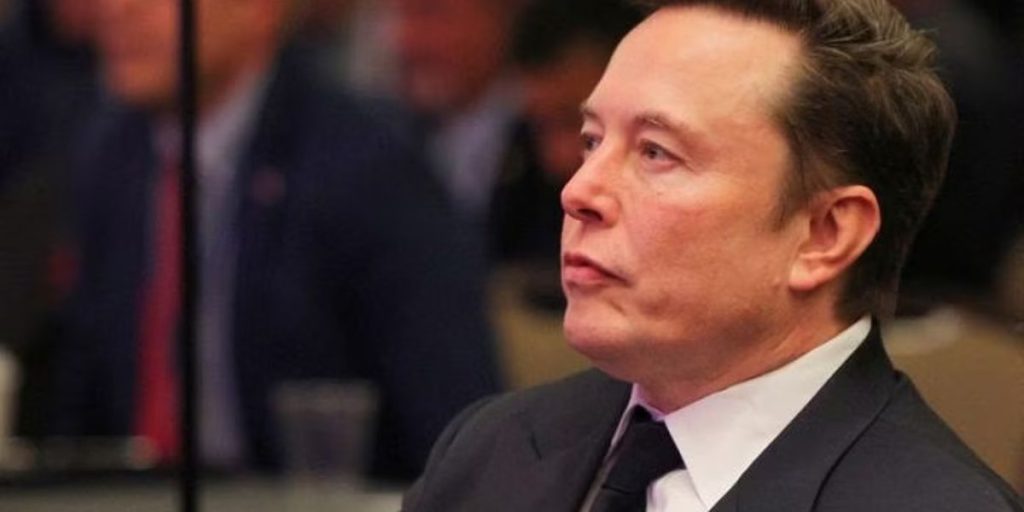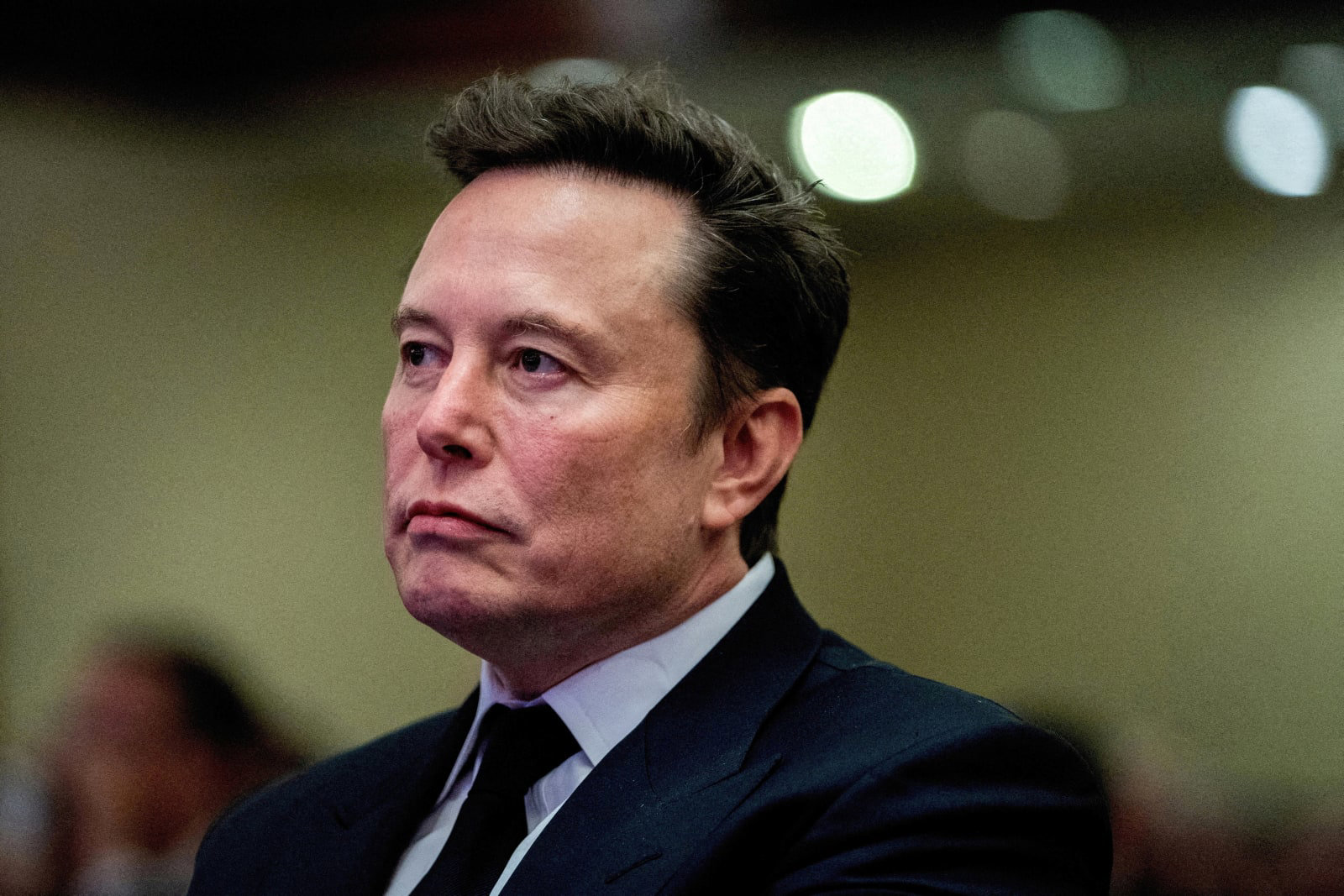Elon Musk, CEO of Tesla and SpaceX, recently demanded the dismissal of Katherine Long, a journalist from The Wall Street Journal, following her report on a DOGE (Department of Government Efficiency) employee’s controversial social media posts.
The employee, Marko Elez, resigned after Long’s investigation linked him to an account that shared racist and eugenicist statements. The posts reportedly included derogatory comments about ethnic groups and calls to normalize hate.

Long’s article prompted the White House to confirm Elez’s resignation. However, Musk responded by calling Long “disgusting and cruel” for uncovering the posts.
He further demanded that she be fired, joining criticism from right-wing figures who accused Long of unethical journalism practices. Musk’s stance drew widespread criticism, as many pointed out the irony of his call to fire a journalist despite his self-identification as a “free speech absolutist.”
This incident underscores ongoing tensions between journalists and powerful figures in the tech world. While investigative journalism is vital to accountability, Musk’s reaction raises questions about the boundaries of free speech, criticism, and public accountability.
Long’s supporters argue that reporting on the conduct of public officials, especially those linked to government efficiency initiatives, is a fundamental part of the press’s responsibility.
Meanwhile, Musk’s critics contend that his response sets a troubling precedent. Andrew Fleischman, a commentator, sarcastically highlighted the contradiction in Musk’s stance, stating, “‘I’m a free speech absolutist who thinks reporters should be fired for discovering unflattering information about public officials.’”
This controversy reflects broader issues about the role of journalism, the responsibilities of tech executives, and the evolving dynamics of free speech in the digital age.
Musk’s influence, combined with his advocacy for free expression, continues to spark debate, especially when it appears selective in practice.
As the situation unfolds, it remains a case study in the tension between media accountability and corporate power.








